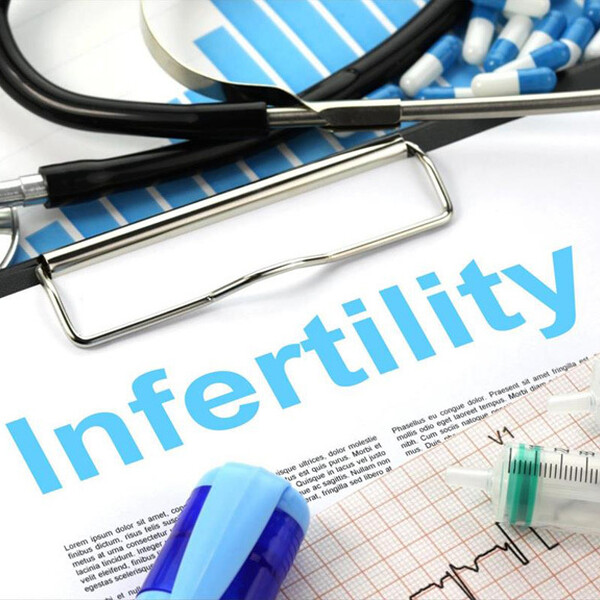Navigating the path to parenthood can be an emotional and complex experience. For couples struggling to conceive, consulting a fertility specialist can provide clarity, guidance, and strategies to enhance their chances of starting a family. Experts in reproductive health, fertility specialists take a comprehensive and empathetic approach to understand the unique challenges each individual or couple faces.
How Can a Fertility Evaluation Identify Obstacles to Conception?
Fertility evaluations are key for identifying potential barriers that may prevent conception. A fertility specialist begins the process with a thorough review of the couple’s medical history, reproductive health, and lifestyle factors that could impact fertility. During the evaluation, tests such as hormone assessments, ovulation tracking, and imaging studies (like ultrasounds) are often conducted to gain insights into overall reproductive health.
For men, semen analysis is commonly used to evaluate the quality and quantity of sperm. For women, a fertility specialist looks for issues such as irregular ovulation, hormonal imbalances, blockages in the fallopian tubes, or underlying medical conditions. By uncovering these factors, specialists can develop a personalized treatment plan tailored to address specific challenges. This step often provides much-needed clarity and direction for couples seeking support on their fertility journey.
What Treatments Do Fertility Specialists Commonly Recommend?
Once potential obstacles are identified, fertility specialists work with patients to recommend and implement treatments. These treatments vary depending on the circumstances. They may include both non-invasive solutions and advanced reproductive technologies.
- Lifestyle and Dietary Recommendations: Specialists often begin by addressing lifestyle habits that may impact fertility. Small changes in daily habits can significantly improve reproductive health.
- Medications for Ovulation Induction: For individuals experiencing irregular ovulation, medications such as Clomiphene or Gonadotropins are prescribed. These stimulate the ovaries and regulate ovulation cycles, thereby increasing the chances of conception.
- Artificial Insemination (IUI): During intrauterine insemination (IUI), sperm is inserted directly into the uterus to increase the likelihood of sperm meeting the egg. This is a common method for mild fertility challenges or unexplained infertility.
- Advanced Reproductive Technologies (ART): Treatments such as in vitro fertilization (IVF) are often recommended for more complex fertility cases. IVF involves fertilizing eggs with sperm in a laboratory setting and transferring the resulting embryos to the uterus. Fertility specialists use cutting-edge techniques to maximize success rates.
- Surgical Procedures: If conditions like endometriosis, uterine fibroids, or blocked fallopian tubes are interfering with conception, minimally invasive surgeries may be conducted.
Every individual or couple’s fertility treatment plan is unique, and specialists take care to guide patients through their options with empathy and expertise.
How Does Age Impact Fertility and Treatment Options?
Age plays a significant role in fertility, as both egg quality and quantity naturally decline with time. Women generally experience peak fertility in their 20s, with a gradual decline starting in their 30s and more rapid changes beyond the age of 35. Male fertility may also decrease with age, particularly in sperm motility and quality.
Specialists review age when designing treatment plans and may adjust their approaches accordingly. For patients in their 20s and early 30s, treatments such as lifestyle changes or ovulation induction may suffice. For patients in their late 30s or 40s, more advanced techniques like IVF or the use of donor eggs may be recommended to improve success rates. Fertility specialists often counsel patients on fertility preservation options for those who wish to delay parenthood. The key to age-related fertility challenges is proactive planning and seeking support early to explore options.
Consult a Specialist
If you’ve been trying to conceive without success, a fertility specialist can provide the guidance and expertise needed. Whether through helping you better understand your reproductive health, recommending evidence-based treatments, or offering emotional support throughout your fertility journey, these specialists can help families to grow. Schedule a consultation now and discover the many ways they can help make your dream a reality.
- Choosing the Right Plastic Surgeon for Your Cosmetic Procedure
- Understanding Different Types of Laser Treatments for Skin Rejuvenation
- Why a Family Dentist is Key for Maintaining Oral Health
- The Benefits of Regular Visits to a Wellness Spa
- Exploring the Emotional and Psychological Triggers of Eating Disorders


Leave a Reply